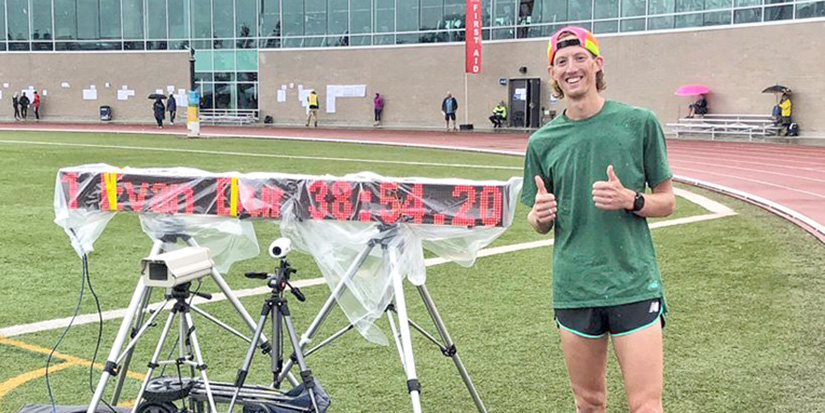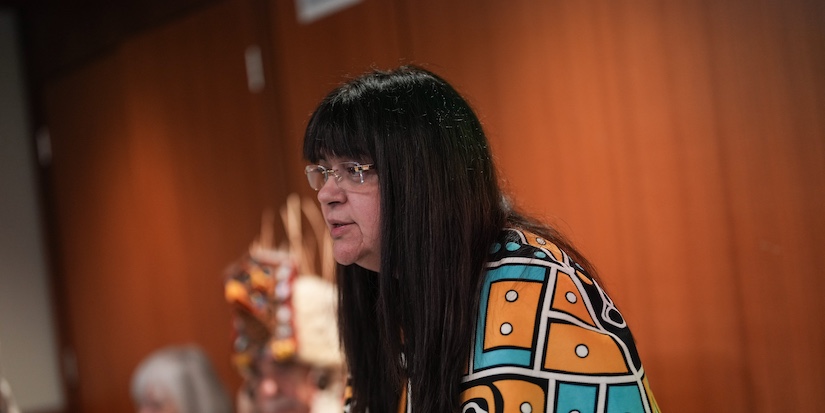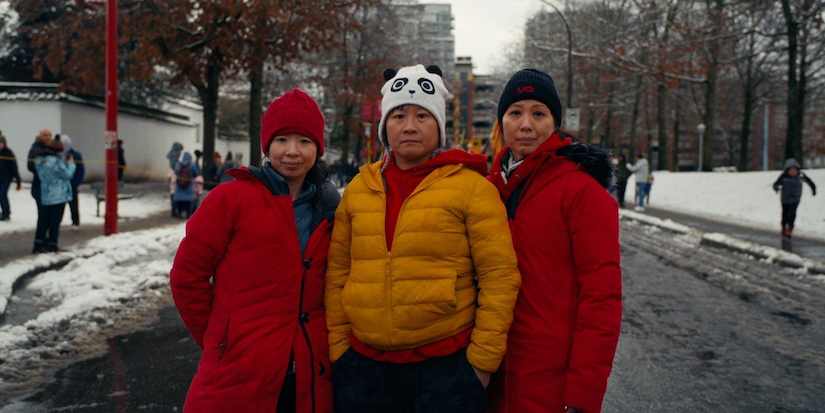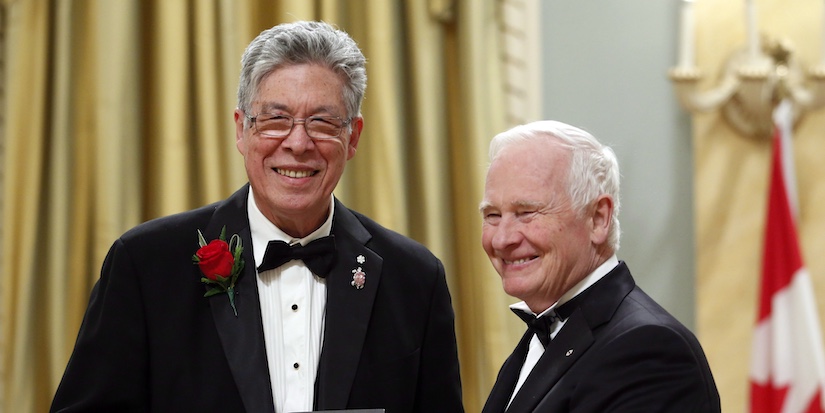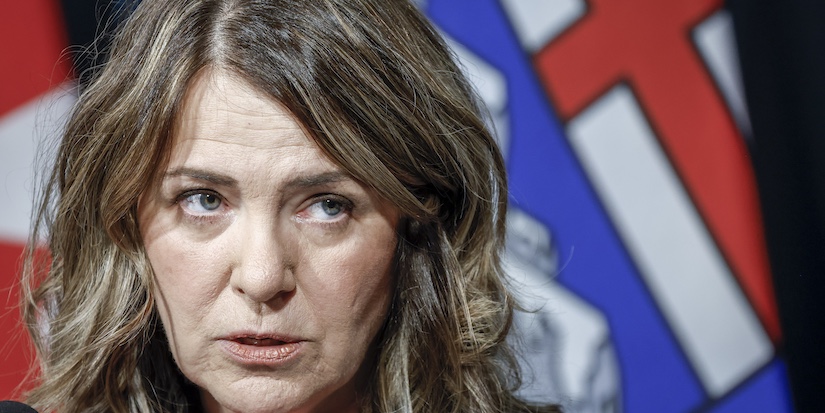Sports
Olympian applauds anti-doping program
—
A long-time promoter of clean athletics is applauding the new 2021 Canadian Anti-Doping Program.
Richmond Olympian Evan Dunfee has long been an example of fair play, and says what stands out most is the commitment within the program to not use collected samples for research regarding gender verification.
“I don’t know enough about it, but that feels like a big win for Canadian athletes’ human rights,” he says. “Anti-doping is a weird backward system where, if you fail a test you are presumed guilty and have to prove your innocence. So from the outset it’s very different from what a normal court would be. Therefore, some of the changes this year, that seem to bring athletes more rights while not providing any outs for legitimate cheats, is very welcome.”
Adds Dunfee: “We have really good athlete representation in Canada and therefore are able to use our seat at the table to win a few key battles for athlete rights.”
Recognized as a world leader in anti-doping, Canada has further strengthened its commitment to clean and ethical sport by implementing the new 2021 Canadian Anti-Doping Program (CADP). The enhanced program ensures that national sport and multi-sport organizations that adopt the CADP are compliant with the 2021 World Anti-Doping Agency (WADA) Code and its International Standards. Currently 69 Canadian sport organizations have adopted the program and 15 multi-sport organizations have signed the CADP covenant, available for those organizations who wish to demonstrate their commitment to clean sport but do not have athlete members.
“This program is the product of extensive consultation, starting with athletes and including leaders and technical experts from across the Canadian sport system,” said Paul Melia, president and chief executive officer of the Canadian Centre for Ethics in Sport (CCES). "The CCES partnered with AthletesCAN to engage national team athletes through a focus group and a nationwide survey to ensure their interests were given top priority.”
“Putting athletes at the centre of the consultations speaks volumes about our rightful place in the sport system,” said Pierre-Luc Laliberté, president of AthletesCAN, the association of Canada’s national team athletes. “While AthletesCAN firmly believes that a lot of work remains to be done in relation to the anti-doping movement, Canadian athletes are proud to continue to participate in efforts to achieve a level and fair playing field."
Laliberté added that a survey of national team athletes found the vast majority (85 per cent) believe that anti-doping in Canada is effective while less than half (45 per cent) believe it to be effective at the international level.
Melia also noted that the renewed version of the CADP included some important new elements, such as WADA’s new Athletes’ Anti-Doping Rights Act.
“It’s a big step forward,” he added, “The act was the product of a dedicated group of athletes, led by Canadian Olympian Beckie Scott, who championed their shared commitment to clean, athlete-centered sport, and it will have an impact on athletes everywhere.”
The act confirms athlete rights contained in the WADA Code through more than a dozen specific conditions including equality of opportunity, fair testing programs and the right to justice, accountability, education and whistleblower mechanisms. It also includes a series of aspirational rights that athletes from around the world are encouraging national anti-doping organizations to adopt as best practices. The 2021 CADP fully incorporates both the mandatory and aspirational rights, which include:
• Athletes have the right to an anti-doping system free from corruption.
• Athletes have the right to participate in governance and decision-making.
• Athletes have the right to legal aid.
